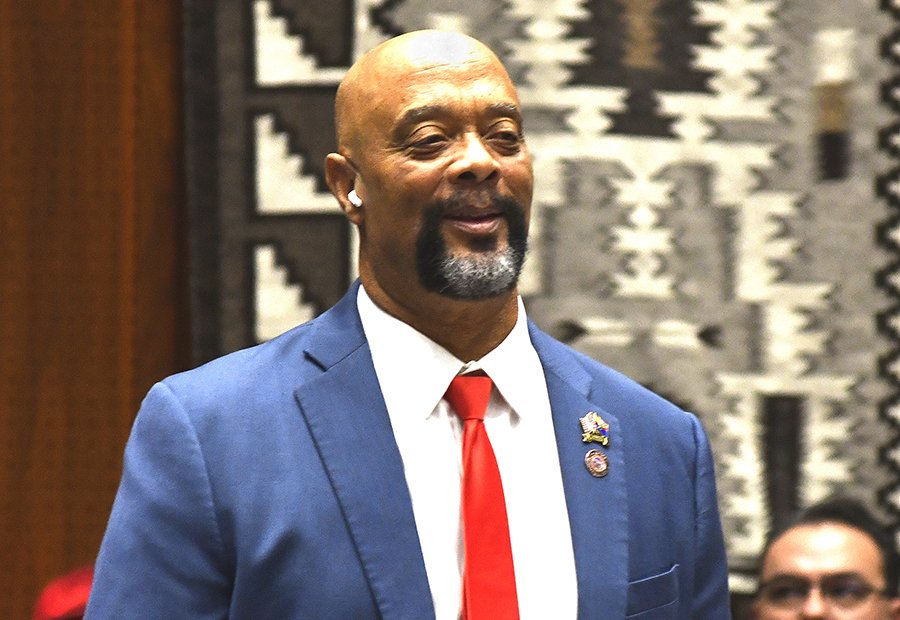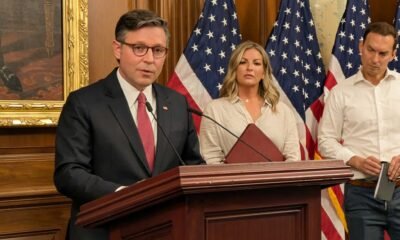chaplains
GOP Pushes for Religious Chaplains in Public Schools

In a groundbreaking move, Arizona lawmakers are considering legislation that would permit religious chaplains to counsel students within public schools.
On March 20, Rep. Matt Gress announced that the bill, which has received initial approval from the House, is designed to be voluntary for school districts. Gress emphasized that participation would be at the discretion of each district.
Parental consent is also a requirement, allowing families to select from available chaplains.
However, the criteria for chaplains raises concerns. To be considered eligible, religious groups must convene at least once a month in a physical location within the school district. This stipulation effectively excludes many faiths without local facilities from providing chaplains.
Additionally, the proposed legislation narrows the definition of qualifying religious groups. Only those with established hierarchies of clergy and recognized rituals would be eligible, thereby omitting non-religious counselors, a point raised by Democrat Rep. Stephanie Simacek.
Critics question the legality and appropriateness of having chaplains counsel students, fearing it establishes a religious presence in public education.
Proponents of the legislation, including Gress, openly advocate for the inclusion of religious perspectives in schools. He remarked, “It’s almost as if ‘God’ is being treated like a four-letter word,” asserting a need for spiritual guidance and higher power acknowledgment.
Rep. Justin Olson echoed this sentiment, arguing that the shift toward a secular society is detrimental.
Opponents, including legal experts like Gaelle Esposito, argue that this legislation conflicts with First Amendment rights by allowing religious activities in schools. Esposito stated, “It explicitly authorizes chaplains to be able to conduct religious exercises.”
Dianne Post from the Secular Coalition for Arizona highlighted the impracticality of catering to a multitude of religions, noting that it would be impossible to guarantee each family their preferred counselor.
Some lawmakers defend the proposal, suggesting that the concept of church and state separation is often misinterpreted. Rep. Lisa Fink pointed out that the phrase originated from a letter by Thomas Jefferson, rather than constitutional text.
Not everyone is in favor. Rep. Nancy Gutierrez criticized the plan, insisting that public schools should focus on academic subjects rather than religious teachings.
Additionally, Rep. Lupe Diaz argued that chaplains could provide essential support for students who might otherwise avoid professional help due to stigma.
Gress assured that the inclusion of chaplains would not lead to proselytizing, but acknowledged the bill could extend beyond traditional counseling methods. He expressed a belief that this initiative addresses a growing spiritual deficit in society.
The legislative process is not yet concluded, as it requires further voting and potential amendments from the Senate. If passed, legal challenges may arise from concerned advocates regarding the separation of church and state in public education.


















